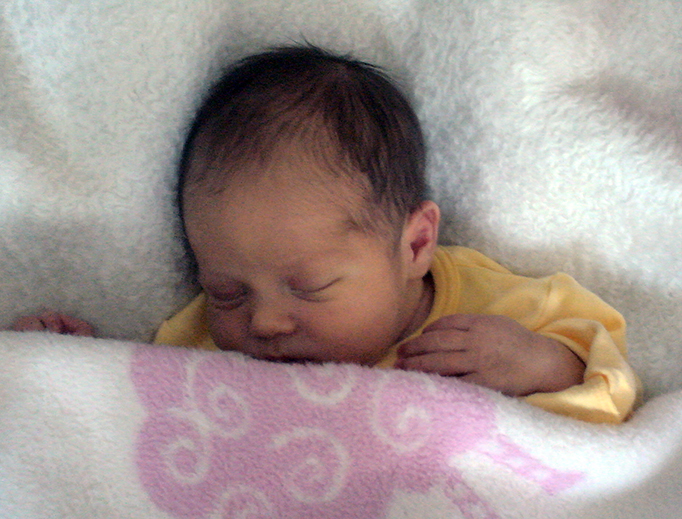JAMA Hides Fact That Unborn Babies Feel Pain

On June 6, The National Catholic Register broke the story that the public policy institute Just Facts* called for a retraction of a 2005 study on fetal pain. The study fallaciously claims unborn children do not feel pain until 29 weeks’ gestation, and did not disclose a probable conflict of interest of at least one of the study’s authors.
Earlier this week, the Editor-in-Chief of the Journal of the American Medical Association (JAMA), which published the study, declined to pull it. The oft-cited study’s conclusions were refuted within two years by other studies, and one of its authors worked for an abortion clinic at the time of the study's publication. Dr. Howard Bauchner, however, did not concede the refutation point in his letter to Just Facts president James Agresti.
Bauchner made this decision despite Agresti proving the primary argument for the study’s conclusions were proven false within two years.
Bauchner also said that his publication’s study, which was conducted before he became its top editor, “included modifiers” that gave the study leeway with the possibility that its conclusions were wrong.
In his response, Agresti disagreed in no uncertain terms with Bauchner’s often-evasive arguments. He noted that the JAMA paper’s primary argument includes no caveats or modifiers, and in fact was shown by two other studies to be “a proven untruth.”
Agresti also questioned Bauchner’s statement that an abortion industry employee’s claim that she had no financial interests in the study’s results met JAMA’s 2005 ethical standards. He closed his arguments by noting the damage caused by the study and Bauchner’s refusal to withdraw it, and said Bauchner's refusal to retract may violate medical publication ethics:
The retraction guidelines of the Committee on Publication Ethics also state that “notices of retraction should … be published promptly to minimize harmful effects from misleading publications.” Major media outlets are repeatedly citing this 2005 JAMA paper as evidence that fetal pain is unlikely before 29 weeks, and this creates two harmful effects:
1) the public and lawmakers are being misled.
2) preborn humans are likely being subjected to severe pain through late-term abortion methods. For example, the Washington Post has described the procedure of “dismemberment” abortions, in which “the fetal limbs are pulled off the body in utero, sometimes while the fetus is still alive.” A 2007 Supreme Court ruling explains the procedure in greater detail.
Given these realities, the JAMA paper seems to meet the criterion of “harmful effects” that necessitate a prompt retraction.
For more than two years, states and pro-life Members of Congress have pushed for laws banning most abortions at 20 weeks’ gestation, which is what modern science shows is the point at which pain can be felt and is the earliest point at which a prematurely born child has survived. Yet as noted in the original Register piece and elsewhere, liberal lawmakers and media influencers are able to avoid these proven truths by citing flawed studies like the one published 11 years ago by JAMA.
Agresti wasn’t alone in his call for retraction. Top geneticist and Charlotte Lozier Institute Vice President Dr. David Prentice told The Register that “it would be appropriate for that paper to be retracted.”
“The paper is ethically unsound and scientifically inaccurate,” said Prentice, whose opinion was echoed by Students for Life’s Kristan Hawkins in her comments to The Register.
Fetal pain, of course, is beside the point of abortion. But retracting a fallacious study that is often used by the abortion industry to avoid acknowledging the scientific reality that unborn children are actually human would be a small victory on the way to ending abortion outright.
*Disclosure: Just Facts is a client of this writer. No compensation was received from Just Facts for this blog post or for the original Register article about the call for retraction.












